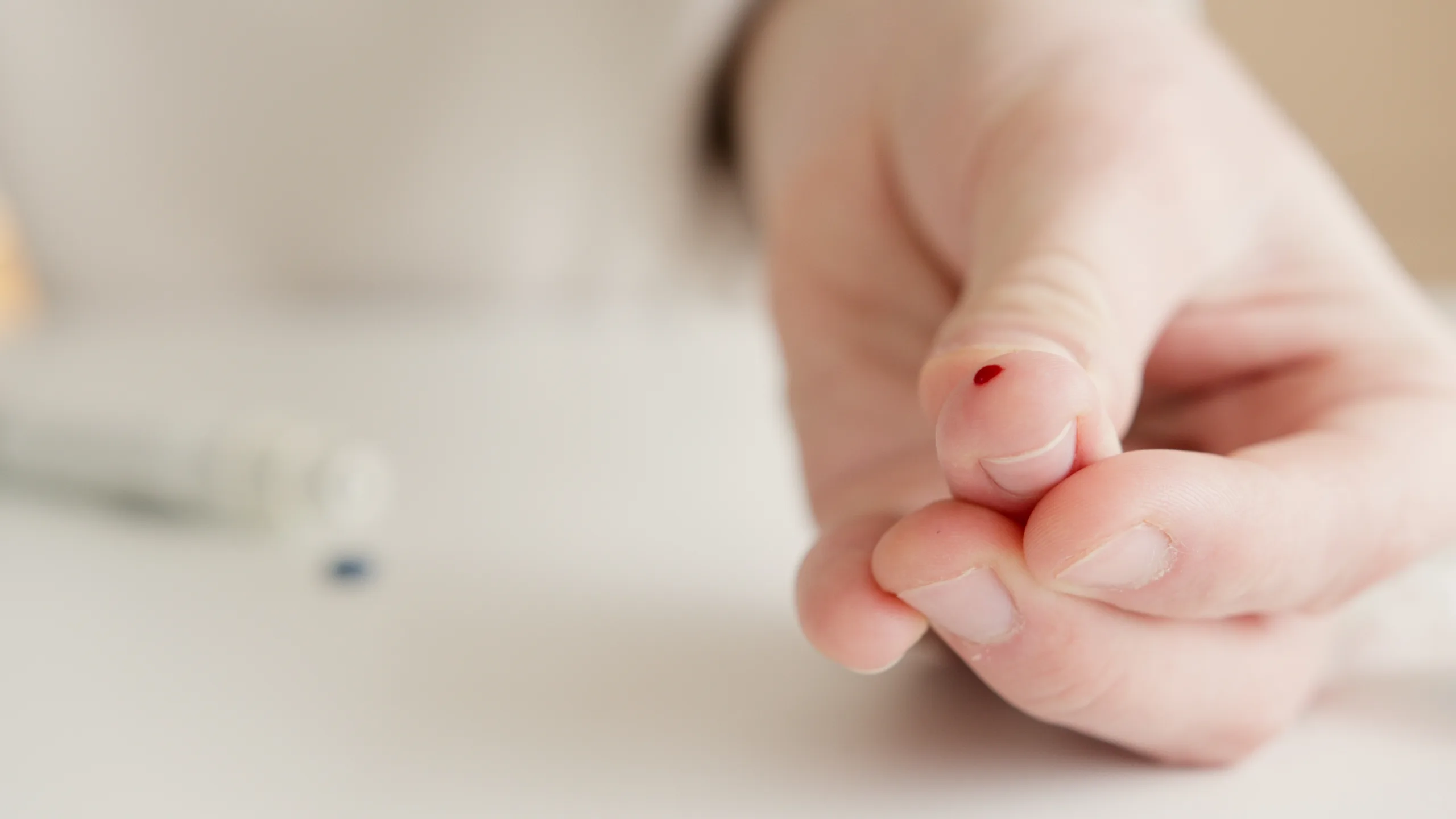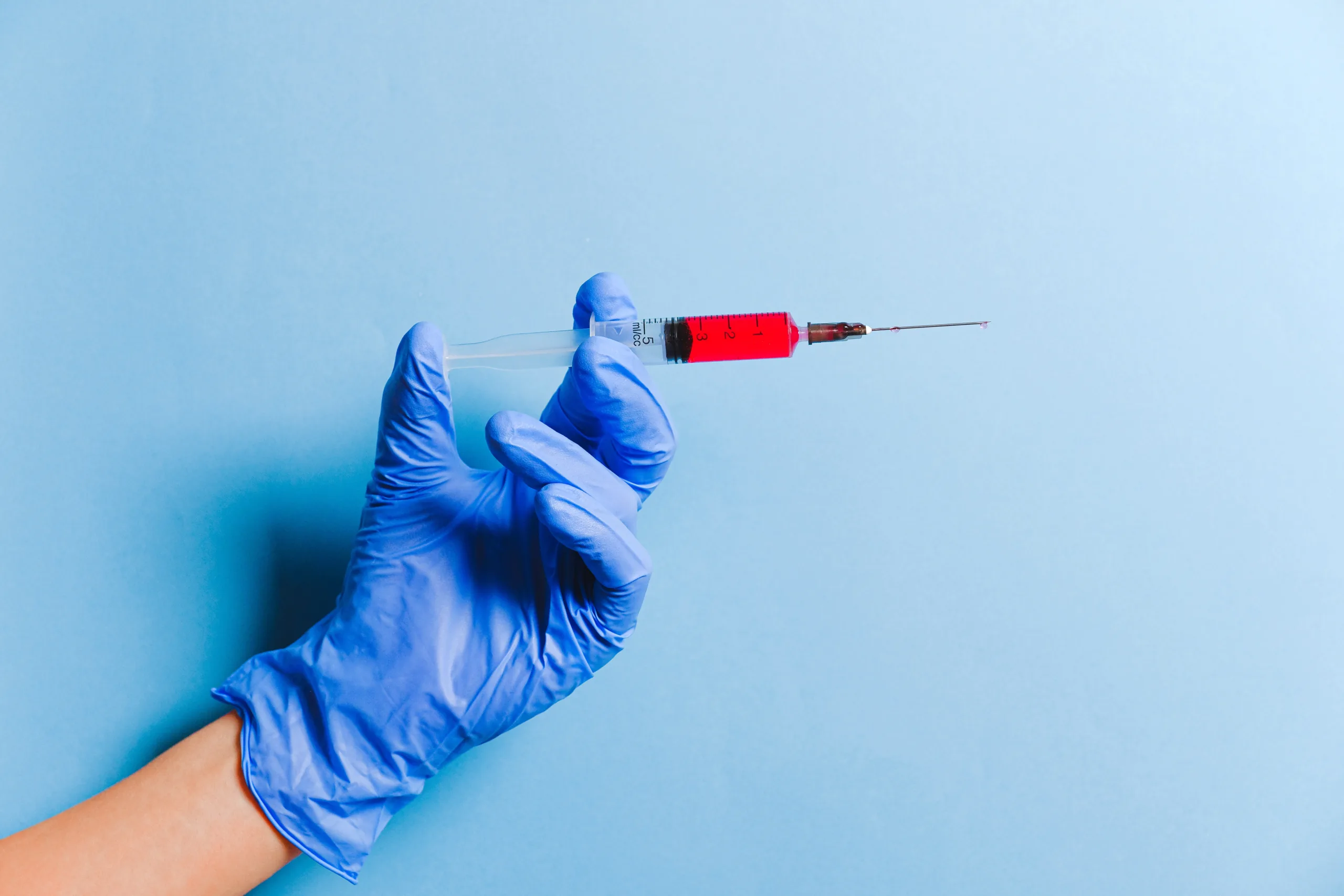Diabetes Control the Best Natural Way: A Public Health Priority

Table of Contents
ToggleDiabetes A Public Health Concern
In a world where health concerns are paramount, the battle against diabetes rages on. Diabetes has become a global health priority, with millions of individuals affected by this chronic condition. While medical advancements have provided us with numerous treatment options. There’s growing interest in controlling diabetes naturally. In this comprehensive guide, we will explore how to manage diabetes using natural methods, making it a public health priority.

Understanding Diabetes
What is Diabetes?
Diabetes, often referred to as diabetes mellitus, is a chronic medical condition characterized by elevated blood sugar levels. It occurs when the body either doesn’t produce enough insulin (a hormone that regulates blood sugar) or can’t effectively use the insulin it produces. This disruption in insulin function can lead to various complications affecting multiple organ systems. Emphasizing the significance of effective diabetes management.
Types of Diabetes
Type 1
This autoimmune condition usually develops in childhood or adolescence. It occurs when the immune system mistakenly attacks and destroys the insulin-producing cells in the pancreas. The destruction of these cells leads to a significant decrease in insulin production, resulting in high blood sugar levels and the need for insulin replacement therapy. Type 1 diabetes is a lifelong condition that requires vigilant blood sugar monitoring and insulin administration to maintain proper glucose control.
Type 2
This type of diabetes often develops gradually over time and can remain undiagnosed for years, as symptoms may be mild or absent. As the condition progresses, individuals with type 2 diabetes may need oral medications or insulin therapy to manage their blood sugar levels effectively. Lifestyle changes, such as a healthy diet and regular exercise, play a pivotal role in controlling type 2 diabetes and improving overall health.
Gestational Diabetes
Gestational diabetes typically occurs during the second or third trimester of pregnancy when the body’s demand for insulin increases. While it often resolves postpartum, women who have had gestational diabetes should be vigilant about their health. They should monitor their blood sugar regularly and adopt a healthy lifestyle to reduce the risk of developing type 2 diabetes in the years following pregnancy.
Risk Factors
Various factors increase the risk of developing diabetes, including genetics, obesity, lack of physical activity, and an unhealthy diet. Genetics can play a significant role, as individuals with a family history of diabetes are more predisposed to the condition. Obesity is a well-established risk factor, as excess body fat can lead to insulin resistance. A sedentary lifestyle, characterized by prolonged periods of sitting and little physical activity, can contribute to the development of type 2 diabetes. Additionally, consuming a diet high in sugar, refined carbohydrates, and unhealthy fats can raise the risk of diabetes, as these foods can lead to insulin spikes and weight gain.
Natural Ways to Control Diabetes
Dietary Strategies
Low Glycemic Index Foods In addition to stabilizing blood sugar levels, foods with a low glycemic index (GI) offer sustained energy throughout the day. This means you’ll experience fewer energy spikes and crashes, promoting overall well-being. Choosing whole grains like quinoa and steel-cut oats over refined grains is a smart choice for maintaining a low GI diet. Furthermore, a low-GI diet can help you feel fuller for longer periods, reducing the temptation for unhealthy snacking between meals. By making these dietary changes, you’ll be taking proactive steps towards better blood sugar control and improved overall health.
Fiber-Rich Foods High-fiber foods also help prevent rapid spikes in blood sugar after meals, which is particularly beneficial for individuals with diabetes. These foods provide a steady release of glucose into the bloodstream, avoiding sudden surges. Furthermore, the fiber in these foods supports a healthy gut microbiome, which may contribute to improved blood sugar control over the long term.
It’s essential to incorporate a variety of high-fiber foods into your diet to reap their full benefits. Experiment with different grains, colorful fruits, and an array of vegetables to ensure you’re getting a broad spectrum of nutrients and fibers. Remember that a balanced diet, rich in fiber and other essential nutrients, is key to maintaining stable blood sugar levels and overall health.
Healthy Fats Including sources of healthy fats, such as avocados, nuts, and olive oil, in your diet not only improves insulin sensitivity but also supports overall heart health. These fats contain monounsaturated and polyunsaturated fats, which have been linked to reducing the risk of heart disease. Moreover, they provide essential nutrients like vitamin E and omega-3 fatty acids, which are beneficial for your body’s functions.
It’s important to consume these fats in moderation, as they are calorie-dense. A balanced diet that incorporates these healthy fats alongside other nutrient-rich foods can have a positive impact on your insulin response and overall well-being. Remember that dietary choices play a significant role in managing chronic conditions like diabetes, making it essential to make informed food choices to support your health goals..

Physical Activity
Regular Exercise Engaging in regular physical activity, such as brisk walking, swimming, or cycling, can help your body use insulin more effectively. When you exercise, your muscles require more glucose for energy, which means they take in sugar from your bloodstream even without the need for insulin. Additionally, consistent physical activity can lead to improved muscle mass and reduced body fat, contributing to better insulin sensitivity. Moreover, exercise helps lower blood sugar levels both during and after the activity, providing a sustained benefit for diabetes management. So, whether it’s a daily walk or a swim in the pool, staying active remains a key component of natural diabetes control.
Strength Training Incorporating strength training exercises into your routine can build muscle, which aids in blood sugar control. These exercises not only improve your physical strength but also enhance insulin sensitivity, allowing your cells to use glucose more effectively. Additionally, the increase in muscle mass helps to burn calories even at rest, contributing to better weight management, another crucial aspect of diabetes control. Moreover, strength training can boost your overall energy levels and improve your sense of well-being, making it a valuable addition to your diabetes management plan.
Stress Management
Mindfulness and Meditation Reducing stress through mindfulness practices and meditation can lower cortisol levels and improve blood sugar management. These relaxation techniques promote a sense of calm, which can positively influence insulin sensitivity. Additionally, they encourage better adherence to dietary and exercise routines, leading to more stable blood sugar levels. Over time, incorporating mindfulness and meditation into your daily life can significantly contribute to the overall management of diabetes.
Adequate Sleep Prioritizing sleep is essential, as inadequate rest can disrupt hormones that regulate blood sugar, leading to increased insulin resistance. This disruption in hormonal balance can also trigger cravings for high-sugar and high-calorie foods, further exacerbating diabetes management. Furthermore, poor sleep quality is linked to heightened stress levels, which can adversely affect blood sugar control. To improve sleep patterns, consider creating a relaxing bedtime routine, maintaining a consistent sleep schedule, and minimizing exposure to screens before bedtime.
The Role of Natural Supplements
Chromium
Chromium supplements may enhance insulin sensitivity and improve blood sugar control. Studies have indicated that chromium assists insulin in its role of transporting glucose into cells, which can lead to more stable blood sugar levels. However, it’s essential to consult with a healthcare professional before adding any supplements to your diabetes management plan, as individual responses may vary. Additionally, a well-balanced diet remains a cornerstone of diabetes care, and supplements should complement, not replace, dietary measures. Always prioritize a holistic approach to diabetes management under the guidance of a healthcare provider.
Cinnamon
Recent studies have indicated that cinnamon may help improve insulin sensitivity, making it a promising natural remedy for individuals with diabetes. However, the exact mechanisms behind its impact on blood sugar levels require further investigation. Researchers are actively exploring the potential benefits of cinnamon extracts and its role in diabetes management. While preliminary findings are encouraging, it’s essential to consult with a healthcare provider before incorporating cinnamon supplements into your diabetes treatment plan to ensure it complements your overall health strategy.
Monitoring and Prevention
Regular Check-Ups
Routine medical check-ups are crucial for monitoring blood sugar levels and catching any complications early. These check-ups typically include blood tests to assess glucose levels and evaluate the overall health of individuals with diabetes. They also provide an opportunity for healthcare professionals to make necessary adjustments to treatment plans, ensuring optimal diabetes management. Early detection of any potential issues allows for timely interventions, reducing the risk of complications and improving the quality of life for those living with diabetes.
Preventing Diabetes
Public health initiatives encompass a wide range of programs and policies aimed at creating healthier communities. These efforts not only focus on raising awareness but also on providing accessible healthcare resources and education to underserved populations. By advocating for healthier environments, these initiatives strive to make nutritious food and safe spaces for physical activity readily available to all. Moreover, they work to address the social determinants of health, such as economic disparities and access to quality healthcare, which can significantly impact diabetes prevention.
Conclusion
In the battle against diabetes, natural approaches have gained recognition as a public health priority. By making dietary changes, embracing physical activity, managing stress, and exploring natural supplements, individuals can effectively control their diabetes and lead healthier lives. This comprehensive guide has shed light on the importance of natural methods in diabetes management, offering hope to those seeking alternative ways to tackle this global health concern.







